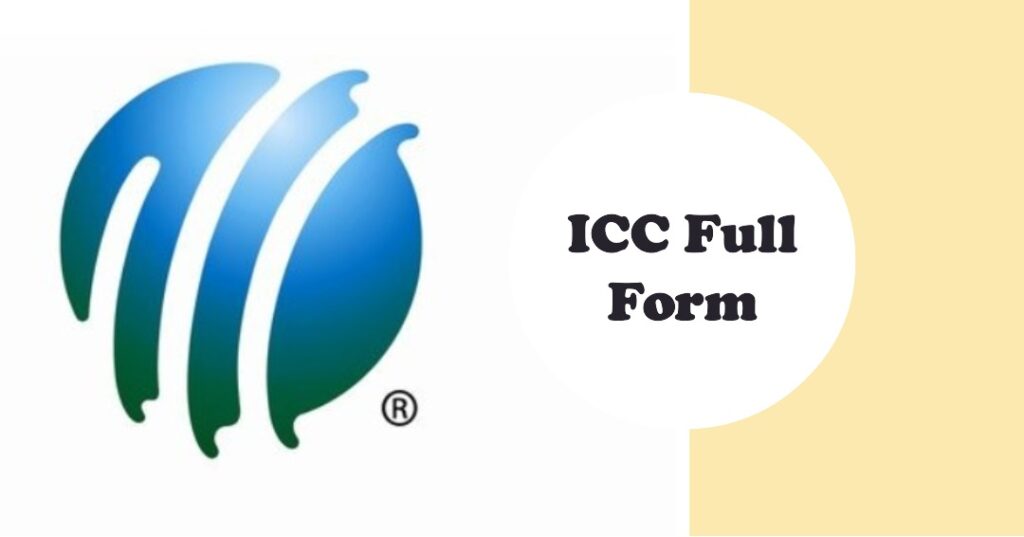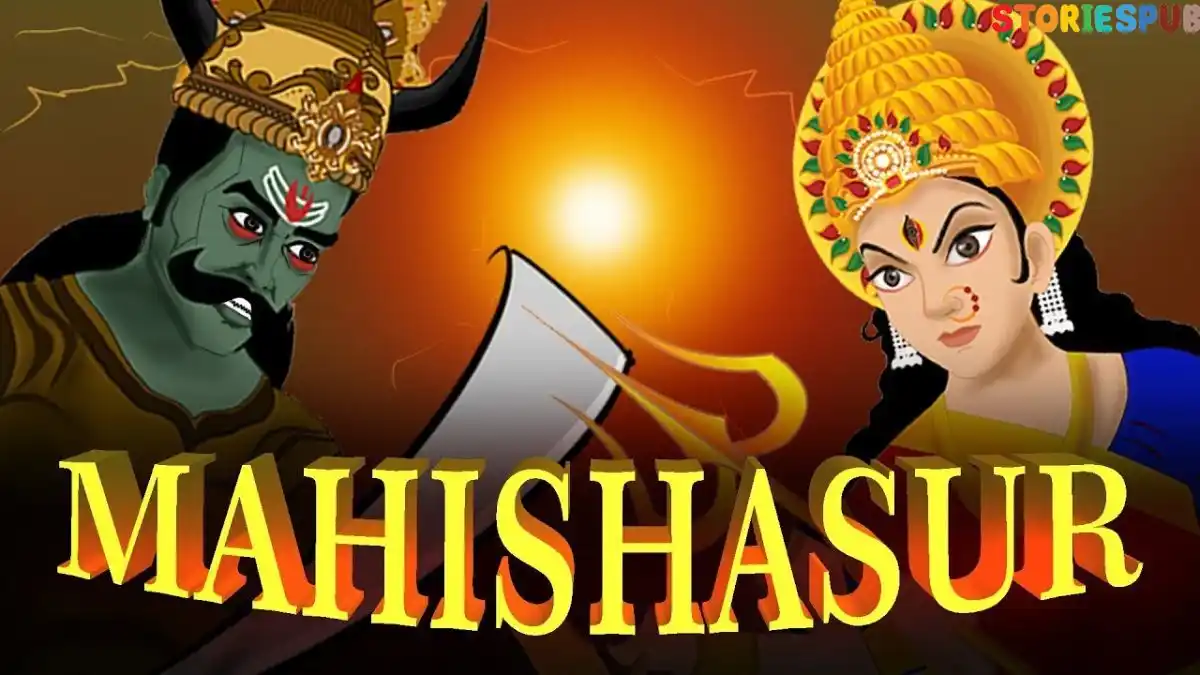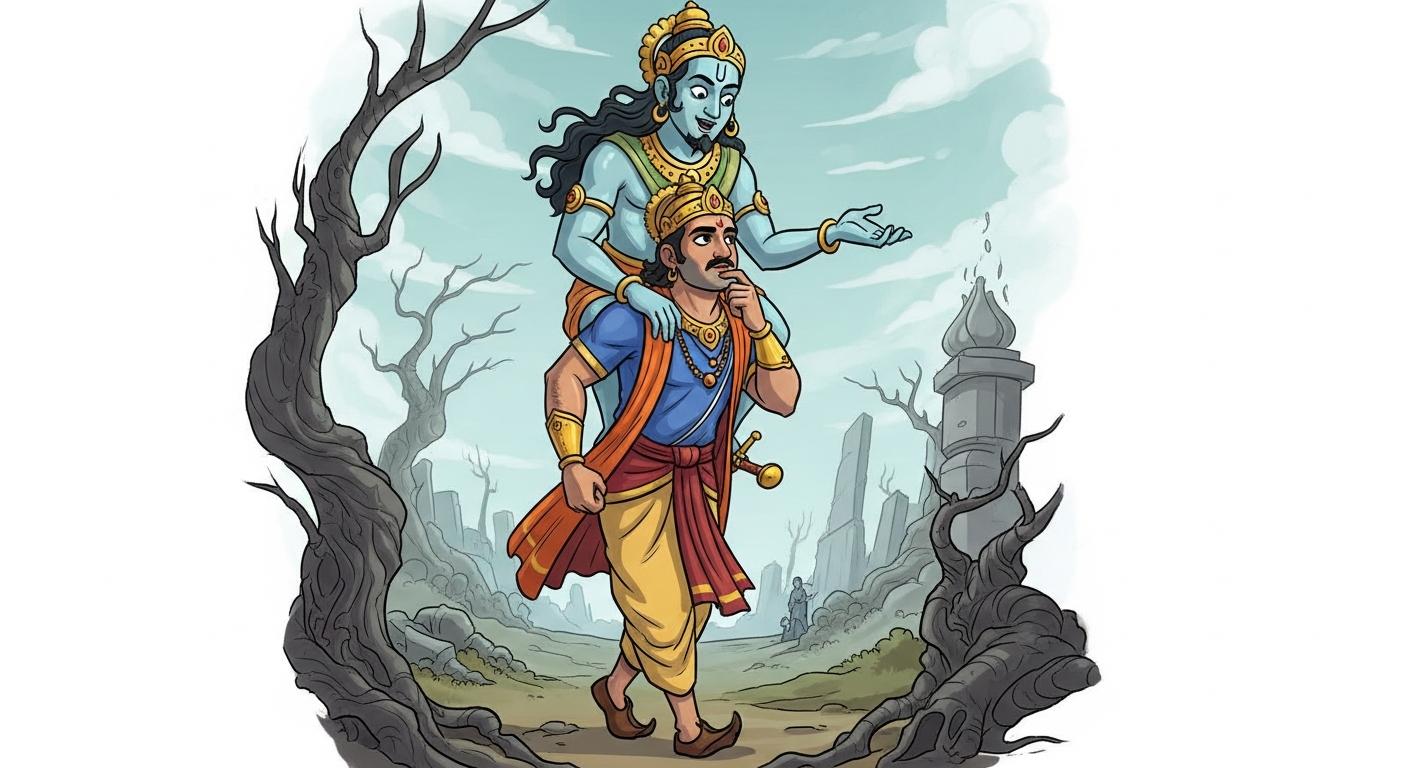Summarize this Article with:
ICC Full Form: Understanding the International Cricket Council

The International Cricket Council (ICC) is the world’s governing cricket organization, responsible for organizing and managing all forms of international cricket. The organization, founded in 1909, has grown and today includes 12 Full Members and 92 Associate Members. The ICC develops and enforces game rules. It organizes major tournaments such as the Cricket World Cup and T20 World Cup, and schedules international matches through the Future Tours Programme.
It ensures game integrity through the Anti-Corruption Unit. The ICC is critical to promoting and growing cricket worldwide, making it a cherished and thrilling game for fans all over the world.
What is the International Cricket Council (ICC)?
International Cricket Council (ICC) is the world organization that governs cricket. The Imperial Cricket Conference was established in 1909, while the International Cricket Conference was established in 1965. Finally, in 1989, the organization was renamed to its current name, the International Cricket Council.
History of the ICC
The International Cricket Council (ICC) can trace its origins back to 1909 when representatives from England, Australia, and South Africa met in London to discuss matters related to the sport of cricket. This gathering resulted in the formation of the Imperial Cricket Conference, which consisted of the three founding member countries.
More countries joined the conference throughout the years, and the organization was renamed the International Cricket Conference in 1965. The ICC’s responsibilities included the organization and scheduling of international cricket matches, as well as the formulation of game rules and regulations.
In 1989, the organization was once again renamed to its current name, the International Cricket Council, to reflect the growing role of the organization in the world of cricket. Today, the ICC has 12 Full Members, including England, Australia, India, and South Africa, who have Test status, and 92 Associate Members, who have ODI and/or T20I status.
The ICC has evolved significantly over the years, expanding its role and responsibilities within the sport of cricket. In addition to organizing and governing international cricket matches, the ICC now oversees the organization of major cricket tournaments such as the Cricket World Cup and the T20 World Cup. The organization is also responsible for promoting and developing the sport of cricket on a global level, helping to increase its popularity and reach around the world.
Responsibilities of the ICC
The International Cricket Council (ICC) governs all forms of cricket at the international level, making it the primary authority on sport worldwide. The ICC has a wide range of responsibilities, including organizing and scheduling international cricket matches, creating and enforcing rules and regulations for the game, and promoting and developing the sport globally.
Cricket is played in a variety of forms, including Test matches, One Day Internationals (ODIs), and Twenty20 Internationals (T20Is). Each format has its own set of rules and regulations, and the ICC governs all three formats. This includes setting standards for player conduct, ensuring players’ and officials’ safety, and establishing guidelines for game equipment.
One of the most significant roles of the ICC is to create and enforce game rules and regulations. The organization’s rules cover everything from the ball’s size and weight to players’ eligibility to compete in international matches. The ICC also has an Anti-Corruption Unit, which monitors and investigates corruption allegations in the game.
The ICC also organizes major cricket tournaments like the Cricket World Cup and T20 World Cup. These events bring together the most elite cricket teams from around the world. This provides a platform for players to showcase their skills and for fans to enjoy some of the most exciting cricket matches.
The ICC plays a crucial role in promoting and developing cricket globally. This includes providing support to member countries to develop their domestic cricket infrastructure and improve player quality. The ICC also works to increase the popularity of the sport, particularly in non-traditional cricket-playing nations, by promoting the game through various initiatives and programs.
The ICC’s responsibilities are diverse and far-reaching, reflecting the organization’s critical role as the governing body of cricket worldwide. The ICC’s work is essential in ensuring the continued growth and success of cricket, both on and off the field.
Tournaments and schedules
The International Cricket Council (ICC) organizes and supervises major cricket competitions such as the Cricket World Cup, T20 World Cup, and Champions Trophy. These events attract the top cricket teams from across the world and are eagerly anticipated by both fans and players.
The Cricket World Cup is the ICC’s premier tournament, held every four years. The competition, which takes place over several weeks, involves the finest international cricket teams. The T20 World Cup, on the other hand, is a shorter version of the game that lasts two to three weeks. It is contested every two years and includes the most prestigious international T20 teams.
In addition to these main tournaments, the ICC organizes lesser events, including the Women’s World Cup, the Under-19 World Cup, and the Intercontinental Cup. These competitions give a venue for teams from various locations to compete against one another, increasing the sport’s appeal and promoting its worldwide expansion.
The Future Tours Programme is an integral aspect of the ICC’s international cricket organizing efforts. The FTP is a calendar of all international cricket matches arranged over a five-year period. It ensures that each team plays a balanced and equitable number of matches against other countries.
The FTP considers the different events organized by the ICC, as well as other considerations like player availability, venue availability, and weather conditions. It also considers the game’s financial interests, ensuring that popular teams play against each other more frequently to maximize revenue.
The ICC works closely with its member countries to ensure that the FTP is followed as strictly as possible. However, it recognizes that unforeseen events interrupt the timetable. FTP is a critical instrument for ensuring that international cricket matches are scheduled in a fair and balanced manner. This allows teams from various nations to compete against each other regularly and promote cricket internationally.
The integrity of the game
Maintaining cricket’s integrity is the primary goal of the International Cricket Council (ICC). The ICC recognizes that any hint of corruption or malpractice can significantly weaken public trust in the game.
The International Cricket Council (ICC) has established an Anti-Corruption Unit (ACU) to tackle match-fixing, corruption, and other types of cricket malpractice. The ACU is in charge of preventing, identifying, and investigating corrupt behavior in cricket. It also takes action against individuals found to be involved in such practices.
The ACU works closely with national cricket boards, law enforcement agencies, and other stakeholders to ensure that the game is played fairly and honestly. It provides education and awareness programs to players, coaches, and officials to help them recognize and avoid situations that could lead to corruption.
The ACU is empowered to investigate any suspicious activity related to cricket, whether it be on the field or off it. It has the authority to collect evidence, interview witnesses, and take any other steps necessary to establish the truth of any allegations.
The ICC has also implemented strict rules and regulations to prevent corruption in cricket. Players and officials are required to disclose any approach by individuals seeking to corrupt the game, and failure to do so can result in severe penalties, including suspension or even a lifetime ban.
The ICC also uses technology, such as video analysis and data analytics, to monitor and detect any unusual or suspicious activity in matches. The ICC’s integrity unit works with law enforcement agencies around the world to share information and coordinate efforts to prevent corruption in the sport.
Conclusion
The International Cricket Council serves as the governing body for cricket worldwide. It is responsible for creating and enforcing rules and regulations, scheduling tournaments, and maintaining game integrity. Through its Anti-Corruption Unit, the ICC has combatted match-fixing and corruption in cricket.
Its strict rules and regulations and use of technology serve as a strong deterrent against malpractice. The ICC’s commitment to maintaining cricket’s integrity has earned it a reputation as a responsible and credible governing body in sports.
Hey, how much did you like ICC Full Form: Understanding the International Cricket Council Please share your view in the comment box. Also, please share this story with your friends on social media so they can also enjoy it, and for more such Full form, please bookmark storiespub.com.
FAQs
What is the ICC?
The ICC stands for the International Cricket Council. It is the governing body of cricket worldwide.
When was the ICC established?
The ICC was established in 1909.
What is the ICC's role?
The ICC is responsible for creating and enforcing rules and regulations for cricket, scheduling international matches, and maintaining the integrity of the game.
What tournaments are organized by the ICC?
The ICC organizes various tournaments, including the Cricket World Cup, T20 World Cup, and Champions Trophy.
How many ICC member nations are there?
As of 2021, there are 12 full and 92 associate members of the ICC.
Who is the current ICC chairman?
The current ICC chairman is Greg Barclay, who assumed the position in November 2020.
















